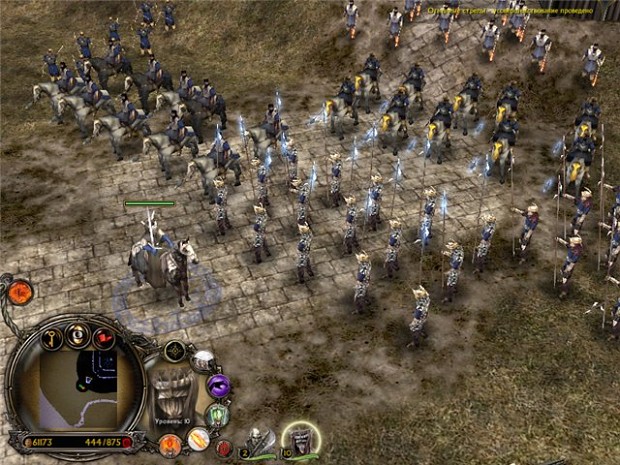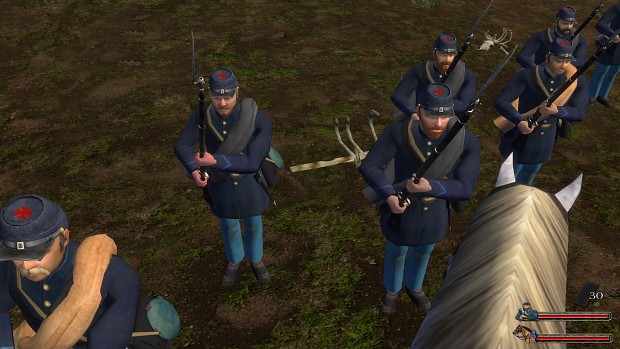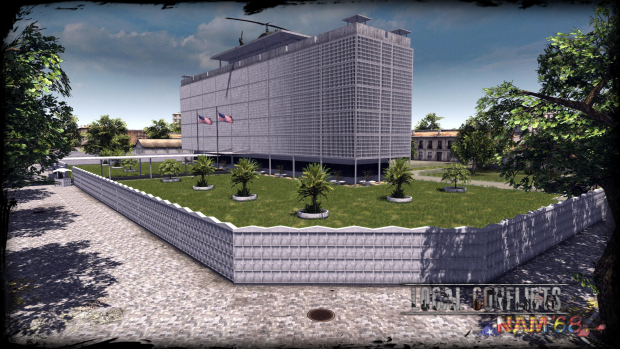
Particularly long and costly battles in this campaign were fought at Verdun (February-December 1916) and the Battle of the Somme (July-November 1916).


Both sides dug into trenches, and the Western Front was the setting for a hellish war of attrition that would last more than three years. The defeat meant the end of German plans for a quick victory in France. The Allied troops checked the German advance and mounted a successful counterattack, driving the Germans back to north of the Aisne River. In the First Battle of the Marne, fought from September 6-9, 1914, French and British forces confronted the invading Germany army, which had by then penetrated deep into northeastern France, within 30 miles of Paris. Tensions had been brewing throughout Europe-especially in the troubled Balkan region of southeast Europe-for years before World War I actually broke out. By the time the war was over and the Allied Powers claimed victory, more than 16 million people-soldiers and civilians alike-were dead. Thanks to new military technologies and the horrors of trench warfare, World War I saw unprecedented levels of carnage and destruction. During the conflict, Germany, Austria-Hungary, Bulgaria and the Ottoman Empire (the Central Powers) fought against Great Britain, France, Russia, Italy, Romania, Japan and the United States (the Allied Powers). Plus much more to make this game even more enjoyable.World War I, also known as the Great War, began in 1914 after the assassination of Archduke Franz Ferdinand of Austria. His murder catapulted into a war across Europe that lasted until 1918. Significant work has been done to improve the balance on the Western Front in the 1917 Fate of Nations campaign.

Germany will now have to keep some units in the east after Russia has pulled out of the war if it is to continue to receive grain supplies from the Ukraine. Increasing the impact of unrestricted naval warfare against the UK the potential of the Arab Revolt, and the opportunities for operations in the Caucasus. Increasing the functionality of the swap move to enable more flexibility when moving units around a crowded battlefield.įixing various bugs, including one that slowed map scrolling.Īmending the way in which minor countries like Belgium and Serbia may continue in the war after their last capital has been captured. Reworking of the Zimmerman Telegram so that the timing of the decision to send it is dependent on the US mobilization level, thus making sending it far more useful for Germany.


 0 kommentar(er)
0 kommentar(er)
